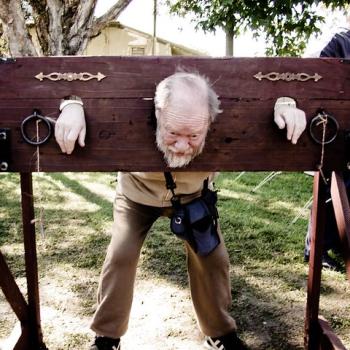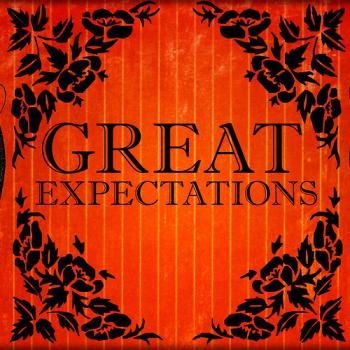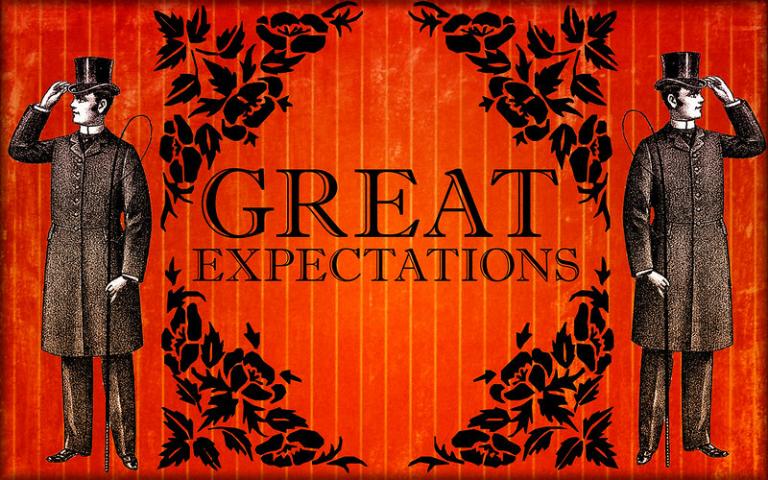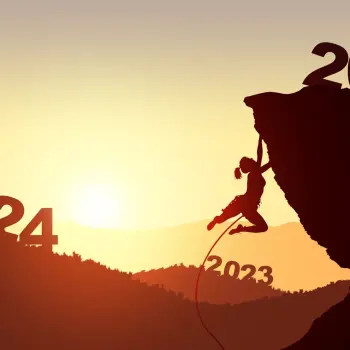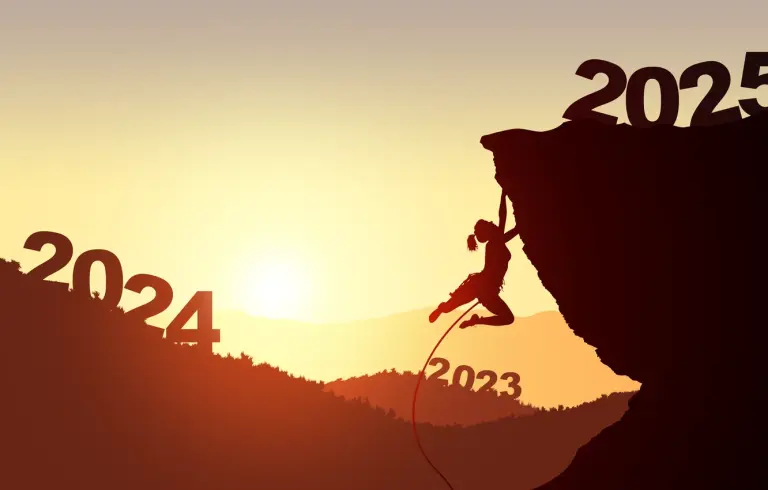I am astonished at the relatively mild reactions among progressives to Donald Trump’s re-election and the way so many of them are blaming themselves and their woke ideology for their defeat. I’ve blogged about the sudden vibe shift away from identity politics on the left. This may not last, but here is another bit of evidence that the left is changing its tune.
Reader David N. Gray put me onto an article in The Atlantic by Jonathan Chait entitled “How Liberal America Came to Its Senses.” (It’s behind a paywall, but a syndicated is available for free here.)
Chait has impeccable liberal credentials, not only as a staff writer for The Atlantic but as the former senior editor of the very progressive New Republic. He explores what he calls “left-wing illiberalism.” The word “liberal” comes from the Latin word for freedom, as in “liberty” and “liberation.” Liberals in the political sense became “illiberals” in the sense of turning against the principles of “liberal democracy,” opposing other people’s freedom, their rights, and their social equality.
The problem from Chait’s perspective is not being “woke,” as such. Rather, it’s the mentality that people who violate the norms of wokeness should be punished. “Land acknowledgments are woke,” Chait observes. “Hate Has No Place Here yard signs are woke. But those forms of wokeness are not illiberal or coercive.”
Starting about 10 years ago–Chait sees it beginning in earnest in 2014–such wokeness did become illiberal and coercive. He credits the progressives’ belief with the election of Barack Obama and the rapid acceptance of gay marriage that they had won the day. Also, the rise of Twitter favored “morally uncomplicated positions” and facilitated the “mustering” of “braying crowds to render summary judgment.”
The norms that were enforced “combined an almost infinitely expansive definition of what constituted racism or sexism—any accusation of bigotry was considered almost definitionally correct—with a hyperbolic understanding of the harm created by encountering offensive ideas or terms.”
The punishments for violating those norms commenced. Chait gives many examples of controversial speakers cancelled on college campuses and people hounded out of their jobs for minor offenses. A Democratic analyst was fired for retweeting a study by a Black scholar who found that violent demonstrations helped Nixon get re-elected. that Soon, retribution was demanded for anyone associated with an infraction. A NASCAR driver lost sponsorships because his father used the N-word in the 1980s. Harvard’s first Black dean of the faculty was fired when it was learned that his law firm had defended Harvey Weinstein, “establishing a new norm that the sins of misogynists and racists would now attach to the defense lawyers who represent them.”
Progressives insisted this was simply “accountability,” a manifestation of “consequence culture.”
But soon the tactics of the enforcers came unravelled. Elon Musk bought Twitter. With the conflict between Israel and Gaza, Jewish progressives who had bought into the racial norms found themselves accused of being racist oppressors. Making them think that maybe all accusations of racism are not valid after all. University presidents were brought before a Congressional committee, which demanded that they protect Jews from demonstrations that made them feel unsafe. “Suddenly, the rhetoric of safety and harm that had been used by the left was being deployed against it.” With Trump’s re-election, progressives learned that even many non-white voters supported him out of repugnance for political correctness.
Chait quotes an activist: “I think there was a time where it felt like the liberal-left coalition had essentially won the culture war, and now it was simply a matter of enforcement. . . .But that’s clearly wrong. We didn’t, and a lot of us overestimated our power to enforce our preferred norms.”
Exactly! Conversely, we conservatives have assumed that we have lost the culture wars. Maybe that is giving the other side too much credit.
Chait now thinks the illiberal left is dead. He asks, when was the last time you heard of someone losing their job because of a social media mob? Now he worries about the illiberal right. He notes that the same corporate titans who caved before the pressure of leftist mobs is now caving to do homage to Donald Trump.
I’m not totally convinced that these issues are over. But a liberalism that “comes to its senses” could be a more formidable opponent to conservatives. Especially if conservatives get cocky like the progressives did and fail to come to their senses.
HT: David N. Gray
Photo by Vanessa Pike-Russell via Flickr, CC BY-NC-ND 2.0


